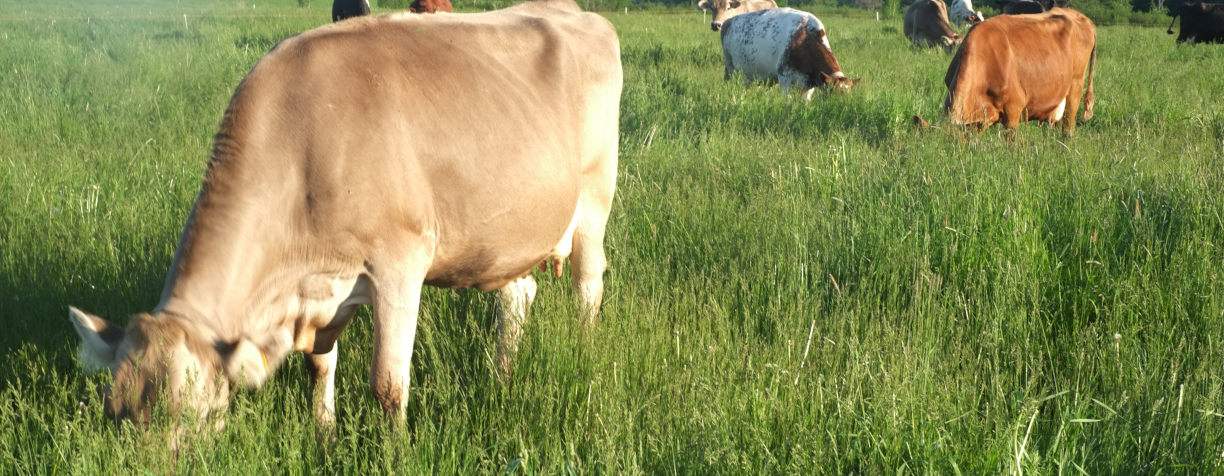Sierra Dawn McClain
Capital Press
A national apprenticeship program for grazing-based dairies is expanding into Oregon.
The program, run by the nonprofit Dairy Grazing Apprenticeship, or DGA, matches dairy farmers with apprentices who are interested in learning and working in the industry.
According to DGA, the U.S. loses 5% to 10% of its dairy farms every year with many older farmers retiring without a succession plan and fewer skilled people entering the industry.
DGA strives to reverse this trend by training a new generation of skilled dairy graziers and simultaneously helping dairy farmers moving toward retirement find younger people to help manage or take over their businesses.
Oregon is 15th state
DGA started in Wisconsin in 2010 and has since expanded into 15 states, mainly in the Midwest and on the East Coast.
“Oregon is our 15th state. We’re very excited to be branching into the West Coast, and we’re hoping that Oregon is the first of a few states that we would like to be in out there,” Angie Sullivan, director of operations for DGA, told Capital Press.
So far, 63 apprentices have graduated from the program, 40 are currently apprenticing and 130 candidates are waiting to be paired with farms, said Sullivan. Of those who have graduated, some have started their own dairies, some have moved up in leadership from milker to manager and others have taken over multigenerational farms.
Sullivan told the story of a Minnesota farmer, Ben Wagner, who did not have younger family members able to take over his farm. A young man named Jack Schouweiler came to apprentice for him and the pair worked out a succession plan in which Schouweiler gradually bought pieces of equipment and cows to take over the business.
“I’m really proud of (Schouweiler) for taking over the operation,” Wagner said in a statement.
The nonprofit’s apprenticeship program is federally registered under the U.S. Department of Labor-Employment and Training Administration. That means that when a person graduates from a two-year apprenticeship after putting in 3,700 hours of work on a farm, they receive a certificate as a journeyworker in managed grazing dairy — similar to those who receive journeyworker certificates for plumbing, carpentry and other trades.
In addition to working on the farm, apprentices receive training through DGA’s Managed Grazing Innovation Center.
Using USDA grant funding, DGA also offers Spanish programming.
Sullivan said apprenticeship applicants come from diverse backgrounds. Many have bachelor’s or master’s degrees. The average applicant is in their 30s, but some are younger and others much older.
How does the program work?
Once DGA has vetted an applicant, the applicant searches a database of managed grazing dairies they could potentially work for across the U.S. Candidates then contact farms that might be a good fit. DGA has more than 200 farmer-mentors in its network.
The farmer and candidate negotiate the salary independent of DGA.
Sullivan said Organic Valley , a dairy cooperative, supports the program and will offer direct payments to its members for taking on apprentices. DGA also has limited funding available to offset the cost of hiring an apprentice via UDSA’s Partnerships for Climate-Smart Commodities.
In addition to its apprenticeship program, DGA also offers a shorter internship.
Get Connected
Dairy Grazing Apprenticeship is partnering with Hayley White of Oregon State University, who will help dairy farmers and apprentices join the program and answer questions they have. Farmers can reach White at hayley.white@oregonstate.edu.
This is an original article written by Capital Press. Visit capitalpress.com for more information.


